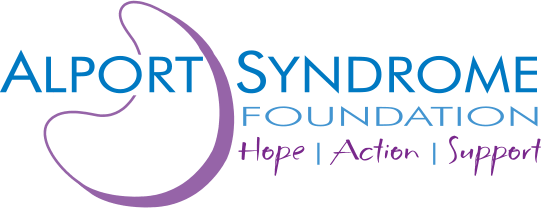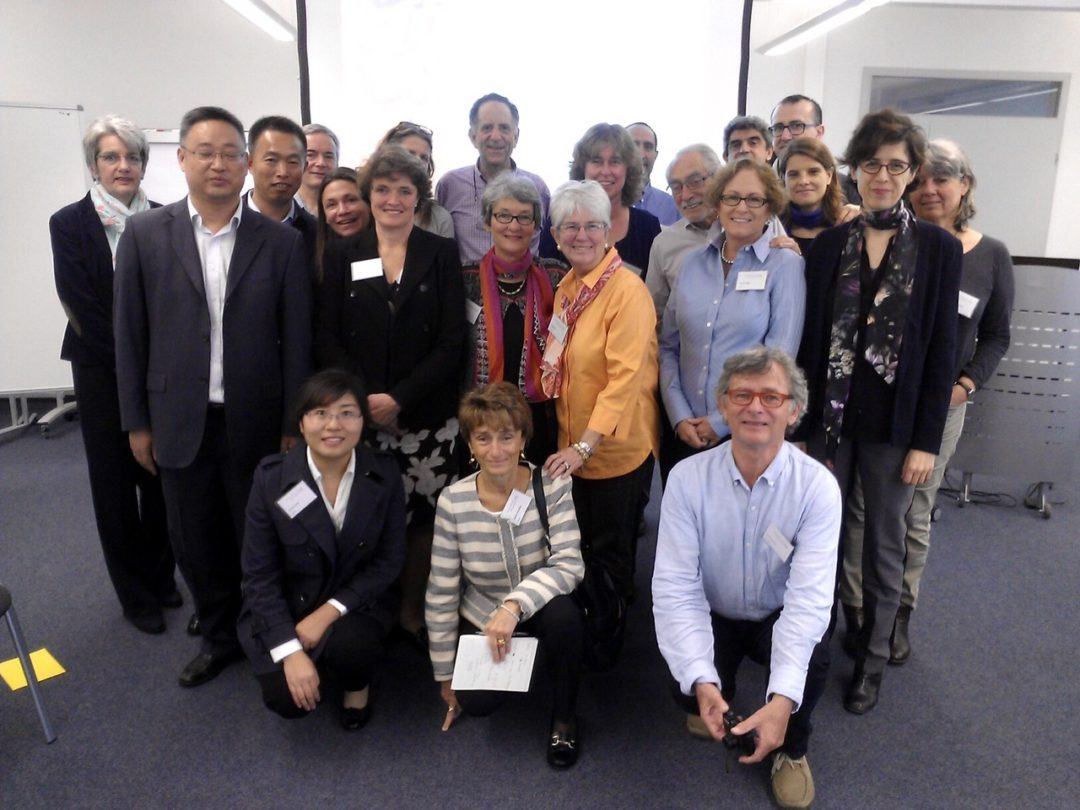A few years ago representatives from several patient advocacy organizations around the world suggested organizing a meeting to bring the international Alport syndrome research community together. They envisioned a platform where patients could influence research and encourage getting new treatments into the hands of patients faster. Their vision came together in January 2014 when the first international research workshop was held in Oxford, UK.
In late September 2015, a second workshop was held in the beautiful university town of Göttingen, Germany, where 100 stakeholders of the Alport syndrome community came together to discuss how to advance treatments for patients faster. Attendees included patients, clinicians, basic scientists, geneticists and pharmaceutical/biotech companies from all over the world. Patient groups were represented from Australia, Canada, China, France, Germany, Israel, Italy, Japan, The Netherlands, Spain, the UK and the USA.
The workshop was developed and hosted by a collaborative working group of patients, clinicians and scientists. The goal of the workshops is to develop a research agenda to address key challenges and unmet needs in Alport syndrome research by identifying ways to work together and drawing upon the combined knowledge and experience of the participants.
The workshop consisted of presentations, scientific posters and structured breakout sessions on the following:
- Basic and translational science
- Diagnosis and genetics
- Standard of care
- Registries, biobanks, clinical trials.
The basic and translational science group discussed establishing a collaborative working group for seeking grants and funding, the need for a biobank for testing on human cells to confirm work in the animal models, furthering the understanding of the progression of the disease in the kidney, and promoting missing areas of research such as gene therapy and hearing loss.
The diagnosis and genetics group discussed strategies to promote earlier and more consistent diagnosis of patients and developing minimum screening standards for collagen 4, specifically the genes involved in Alport syndrome.
The standard of care group addressed the inconsistent treatment and care of female Alport syndrome patients, the need for psychological support and measurement for patients when addressing critical issues such as chronic kidney disease of young teens/adults, hearing loss, and family planning.
The registry group continued the discussion on developing an international registry by forming an alliance of existing registries and setting standards and guidelines for new national registries. The need for an international registry is critical as no one country has sufficient numbers of Alport syndrome patients to support valid clinical trials.
Patient representatives also had their own breakout sessions to discuss the need for international representation and organization. It was agreed that patient groups should align to support the international registry effort, participate in the global research agenda, provide guidance for developing patient organizations and collaborate on international workshops/meetings.
The pharmaceutical and biotechnical companies with an interest in Alport syndrome were well represented at the workshop and had an opportunity to discuss their needs to progress treatments for patients including clinical trials and their interest in being part of the collaborative effort of stakeholders.
This is an exciting time for the Alport syndrome community! Since the patient advocacy representatives first envisioned an international collaboration on research, great strides have been made in bringing key voices in the international research community together and forming strong collaborations. The progress that has been made is measurable and encouraging. These opportunities to accelerate progress to new treatments and better care for patients were not available when the Alport syndrome Foundation began in 2007. ASF will continue to work with all of the global stakeholders to capitalize on this forward momentum and realize the vision of making Alport syndrome a treatable disease and finding a cure.
Resources:
2014 International Workshop on Alport syndrome Meeting Report


